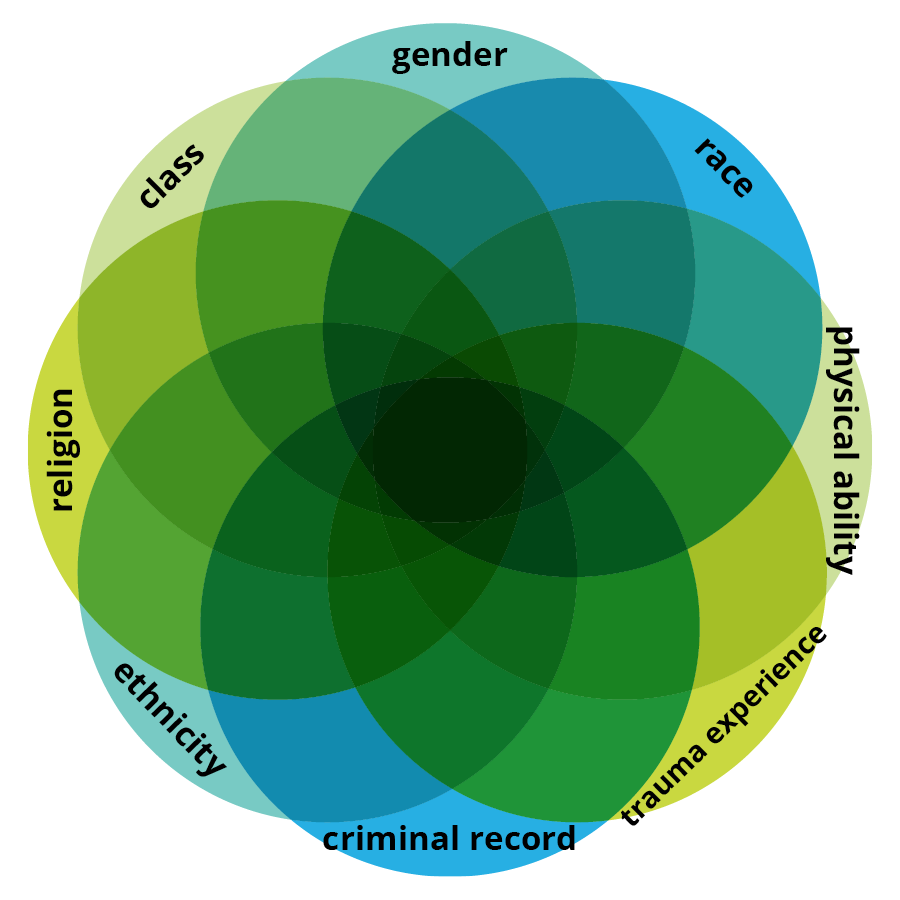Consumer Rights Initiative
The Consumer Rights for Domestic and Sexual Violence Survivors Initiative is a national project that builds the capacity of and builds partnerships between domestic violence and consumer (anti-poverty) lawyers and advocates.
In 2020 – 2022, we’re focused on helping advocates, attorneys, and entire programs:
- Build communities of practice
- Address complex consumer legal issues, especially for survivors on the social margins
- Strengthen organizational capacity
- Relieve the costs and lingering harm of “coerced debt”

NEW!
What is Consumer Rights Advocacy?
Survivors of violence face profound and long-term economic harms from both abuse and poverty. Abuse creates economic hardship, and poverty restricts options for safety – these harms build on each other over time in what we call the “economic ripple effect of violence.”
Many of these economic harms are known as “consumer rights issues,” and are things like: credit, debt, taxes, student and other loans, bankruptcy, foreclosure, etc.
Consumer Rights Advocacy includes a range of legal and nonlegal strategies that can equip survivors with critical information and tools to address these economic harms and costs that stem from abuse and poverty.
Coerced Debt & Debt Collection: Mona owes over $10,000 for purchases that were made by her abusive partner without her knowledge. Now debt collection agencies are harassing her and threatening wage garnishment.
Coerced Debt & Barriers to Employment: Layla’s partner coerced her into writing fraudulent checks, resulting in criminal charges, which makes it difficult for her to get a job to support herself and her daughter.
Tax Liability & Credits: Jamie’s partner forced her into signing fraudulent tax returns. Now her wages are being garnished due to the tax debt and he keeps claiming the children.
Payday Loans: Zoe is unable to open a banking account because the nearest bank is miles away. Rent is due and she may have to get her check cashed at the local check-cashing store again.
Court-Related Economic Barriers: Jenna waited all day at court to get a protection order, and now she has to pick up her kids. The clerk told her to “choose” between her safety or her kids. She’ll have to come back tomorrow but can’t take more time off.
Economic Relief in Family Law: Ava is divorcing her abusive husband of ten years and worried he’ll get custody of the kids — he didn’t let her work, she has no other savings, ruined credit, and doesn’t know where tax, mortgage, or other financial documents are located.
Student Loans: Anne took out loans for college, then co-signed for her now wife’s loans. Then Anne dropped out of school to work while her wife controlled the finances and finished her degree, but called Anne so much while she was at work that Anne lost her job and now Anne can’t make either loan payment.
Bankruptcy & Foreclosure: Padma’s abusive ex-husband left so many debts in her name that now her wages are being garnished and she doesn’t have enough to make mortgage payments (the one asset she got in the divorce). She’s getting notices in the mail, but doesn’t read or speak English very well.
Get Involved
If you’re an attorney, advocate, or program leader working directly with survivors, we offer a range of cutting-edge trainings, resources, and individualized assistance to support you and your programs and communities. All cutting-edge. All free and open-access.
- National webinar trainings
- Coerced Debt Working Group
- Demonstration Projects (details to apply coming soon!)
- Listening Sessions & Peer Learning
- Consumer Rights Newsletter
- Individual Technical Assistance

Core Resources
Since 2007, we’ve produced critical resources to help advocates, attorneys, and organizations assess the whole needs of survivors, develop programs and (re)steer advocacy, better address specific consumer legal issues, and advocate for systems change.
Building Partnerships to Enhance Consumer Rights for Survivors: An Assessment & Resource Tool: A tool to provide a starting point for attorneys and advocates interested in enhancing their consumer rights advocacy, with self-reflection questions, suggested protocols and strategies, and additional resources
Achieving Economic Justice for Domestic Violence Survivors: A National Needs Assessment: Findings from a 2012 needs assessment on existing consumer rights advocacy the factors that shape professionals’ capacities to engage in these efforts
Building Partnerships for Economic Justice: A Report on CSAJ’s Innovative Pilot Projects: This Report details the activities and lessons learned from four on-the-ground implementation sites on building partnerships to enhance survivors’ consumer rights
Guidebook on Consumer & Economic Civil Legal Advocacy for Survivors: A comprehensive and survivor-centered guide for DV attorneys and legal advocates to address consumer and economic civil legal issues facing survivors
This project is supported all or in part by Grant No. 2017-TA-AX-K065 awarded by the Office on Violence Against Women, U.S. Department of Justice. The opinions, findings, conclusions, and recommendations expressed in the publication/program/exhibition are those of the author(s) and do not necessarily reflect the views of the Department of Justice, Office on Violence Against Women.














